Before we begin, remember I am not a lawyer, this is not legal advice, and I am drastically simplifying concepts for ease of understanding.
It’s been a few months since I last checked in on AI Art and wanted to update you. To make a very big issue very simple, right now there are quite a few lawsuits being argued to decide the legality around AI Art platforms, what is considered legal, what’s considered fair use, and what’s considered copyright infringement. These lawsuits may take a long time to hash out, and they will become the precedent for how AI Art use is accepted or not in our legal system. To simplify these cases, they mostly boil down to whether training AI platforms on imagery that is copyrighted is in fact infringement on those copyrights.
Equally important is the listening tour the US Copyright Office has been conducting on AI platforms. To sum up copyright law very quickly, the creator (author, artist, musician, etc) of a work gains automatic copyright of their work through creation of the work — as long as it’s not a derivative of a copyright that already exists. In other words, if you make up something original, you have the copyright, but if you draw a picture of Superman, the copyright is a derivative of DC Comics’ copyright on Superman. Currently the Copyright Office has been ruling that a machine cannot create in the same way a human can. In other words, a computer, algorithm, robot, etc. cannot make a work that can then be copyrighted.
However, lots of folks are fighting that ruling, trying to say things like a machine can create, or the copyright from anything an AI makes should be a derivative copyright of the makers of the machine in the first place. Obviously the copyright holders of the texts used to “train” the machine are fighting to say the copyrights are a derivative of theirs. It’s brand new ground and obviously hotly contended, so the US Copyright Office has been holding hearings on the topic.
There are many folks testifying over a few days. You can see the entire list here. The first 2 days were Visual Art. Then AudioVisual, then Music and Sound Recordings. And while those of us deep into this AI Art debate have listened to a lot of the hearings, as they include some of the biggest companies (Adobe, Getty) and greatest expertise in the fields. I would encourage you to listen to Visual Arts Hearings Day 2, where it was friend of Muddy Colors, artist, and activist Karla Ortiz‘s turn to give testimony.
The full transcript is here, if you prefer to read, but you can watch the video here.
Although I have cautioned since the beginning of this whole AI Art issue to not panic, it is important to resist, and stand up for creators’ rights and the copyrights that protect them. Thank you to Karla for putting so much time and work into both the lawsuit she is leading and all the press and speeches and outreach she has been doing on this topic. If you recall my post on Glaze, the program created by the University of Chicago to protect artists’ works from scraping, you’ll know Karla has been involved in that project as well, and I’ll leave you with a recent piece of art she made as a demo for Glaze and visual call to action.


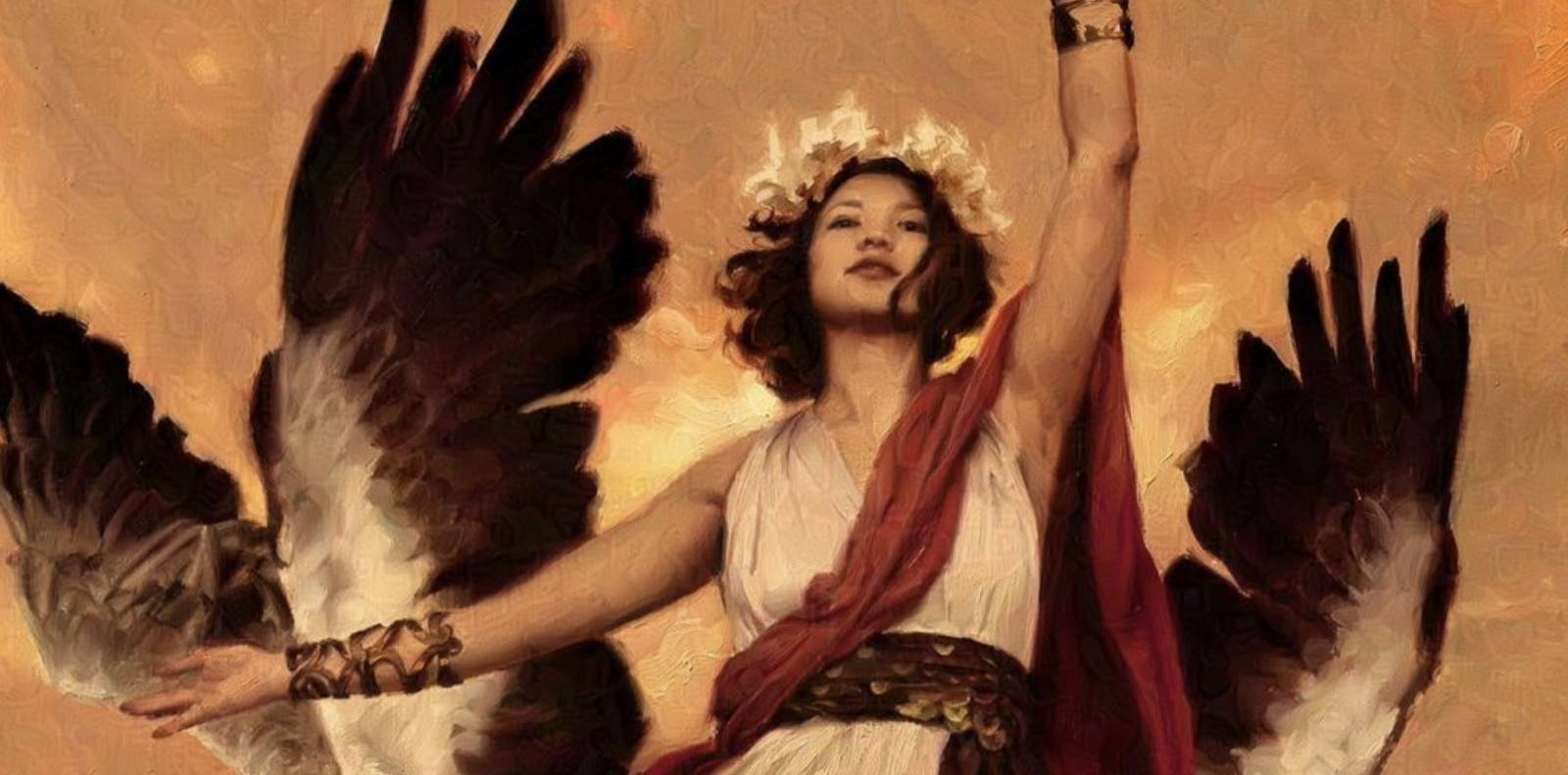
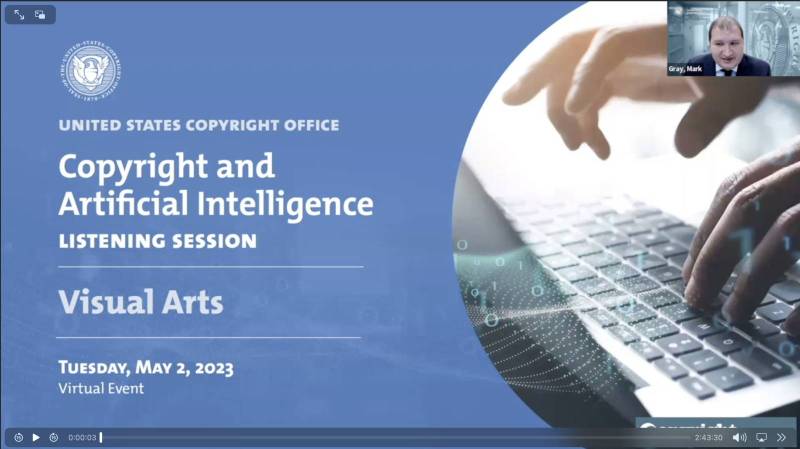
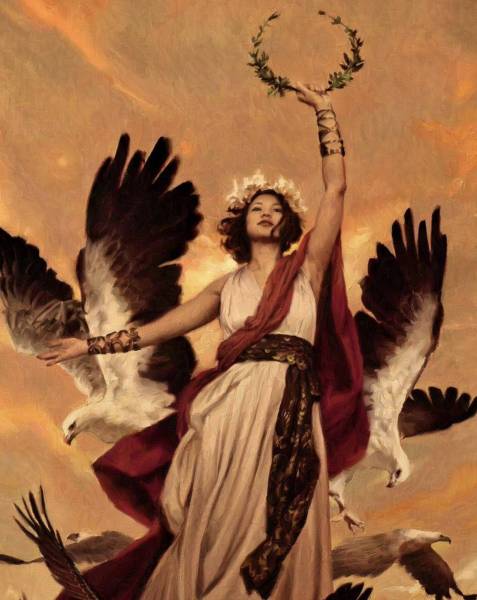
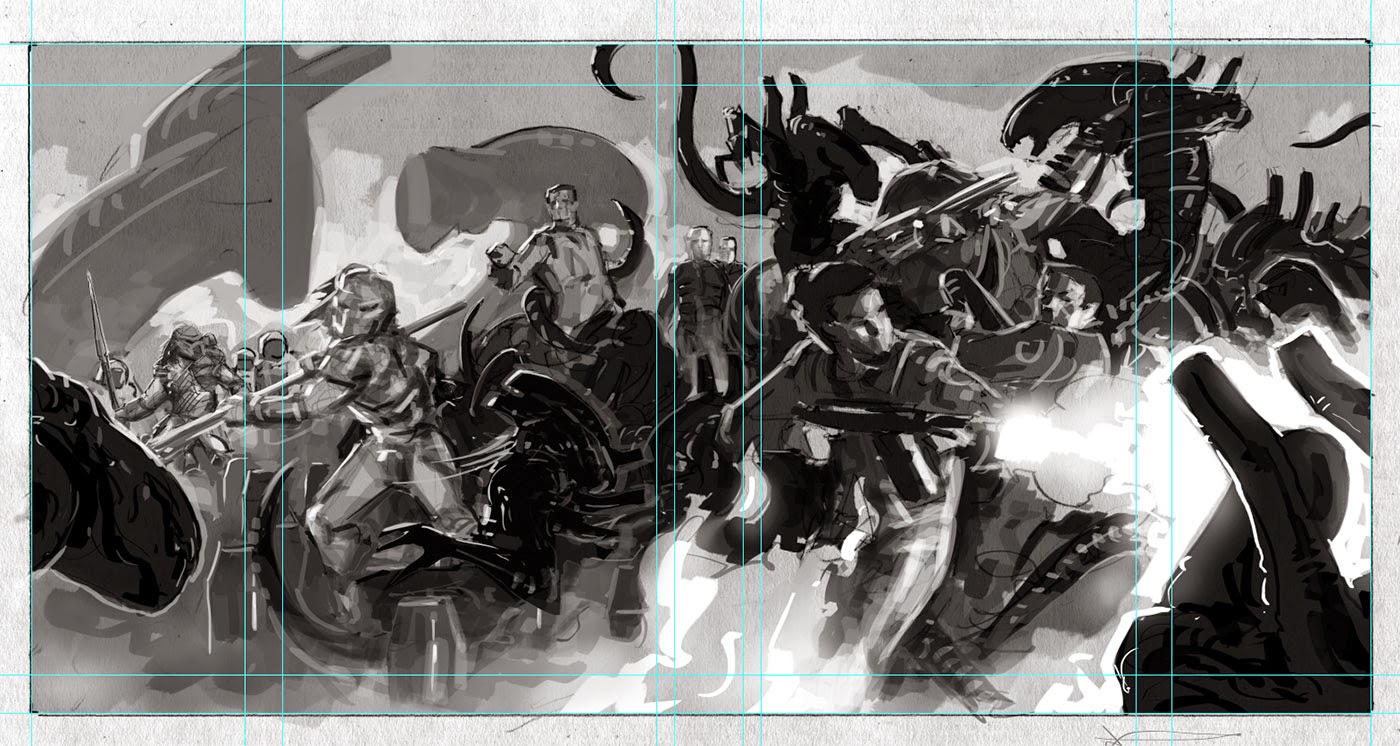

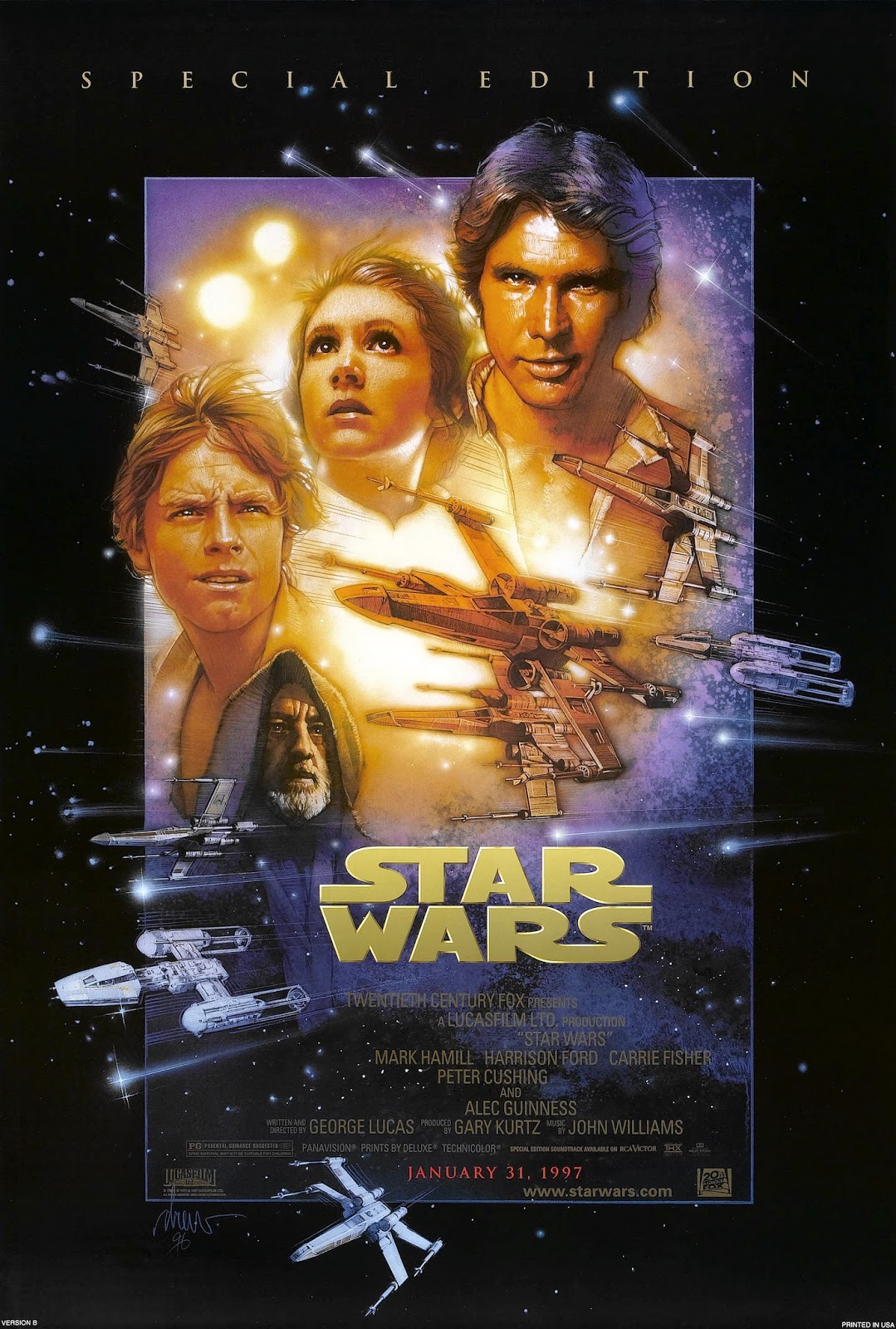

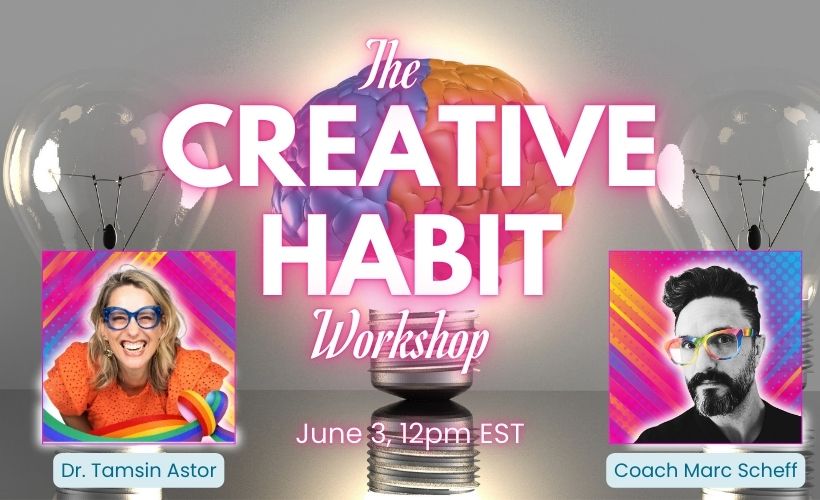
Thank you for posting the info and video, Lauren I just finished watching/hearing all 2 hours and 43 minutes of the video as I worked. There are definite arguments for and against A.I. As a working professional artist for the last 34 years, I’ve seen so many changes in the industry. This current crossroads reminds me of the time around 1989-90 when we began the transition from conventional to desktop. Many of the present concerns and sentiments concerning A.I. were echoed back then, “Will we lose our jobs”, “Am I being replaced” I don’t have the skill/knowledge/time/learning curve, etc. “. Many left their passion and trade. Many lost their jobs for not conforming. Those who adapted are still in the trenches today. Granted the bulk of the argument is centered around copyright, but at the end of the day, working artists today are more concerned about their livelihoods.
What I find interesting is that the elephant in the room is not being addressed, that is corporate America. Artists have always been and will be at the beck and call of companies that are willing to hire us for our specific skill set and ability to make money for them. If at any time they see an opportunity to create product without affecting the bottom line or the salaries of the board, they will always default to that paradigm. That’s what capitalism is; good, bad, or indifferent. This is a prime time for corporate America to clean house of creatives and spend less. I’m sure within that wave many of my comrades will lose their Jobs. I fall back to what I experienced in 1989. We overcame the fear and adapted. We learned how to use tech as a tool. And despite companies having the ability to see a crap load of iterations on book jacket design; laid out with text and photos during the early 90s, you still needed to be a good designer/artist/creative. We upped our game. We adapted. We overcame.
Now Ai is here and like it or not, it is here to stay. Even if and when we settle the copyright issue. MANY will still lose their jobs. Many will wonder if being an artist is even a smart way to make a living. Maybe, maybe not. But I think having participated at several rodeos, I suggest taking a deep breath, rolling up our sleeves, put your thinking cap ( thank you, Sesame Street), and using our God-given spark of the creative fire within us; coupled with the years we have used to stoke it and regroup, adapt and overcome. This too, shall pass.
That was the most boomer aids sit-back-and-let-it-happen dogshit I’ve ever read, perfect example of the mentality that’s made the world what it is today.
First, do the math. I’m Gen X, not a Boomer, Pendejo. Second, you tell me what you’re going to do? Stop A.I.? It is here to stay. Once copyright is figured out, it will STILL cause MANY jobs to be lost. Ask yourself with that obtuse mind of yours, “How will the artist adjust to a new playing field?” ” How do we as artists stay a step ahead creatively?” “What can we bring new to the table?” Hard, challenging, truthful questions. Are you up to answering them? So what are you going to do? Probably nothing. You’ll stay home bitching, moaning, and checking out. But that would actually be ideal for the rest of us. You’ll be looking for another line of work and save the job of someone who really needs and deserves it.
BTW, Boomers and Gen Xers including veterans like myself fought, died, and served to preserve our way of life along with the freedoms that allow you to spew out your bullshit without consequence other than rebuttal. Think about that, Pendejo.
Thanks for sharing this roundup of info on where we are with AI legal battles currently. I’m glad there are people like Karla fighting on behalf of artists